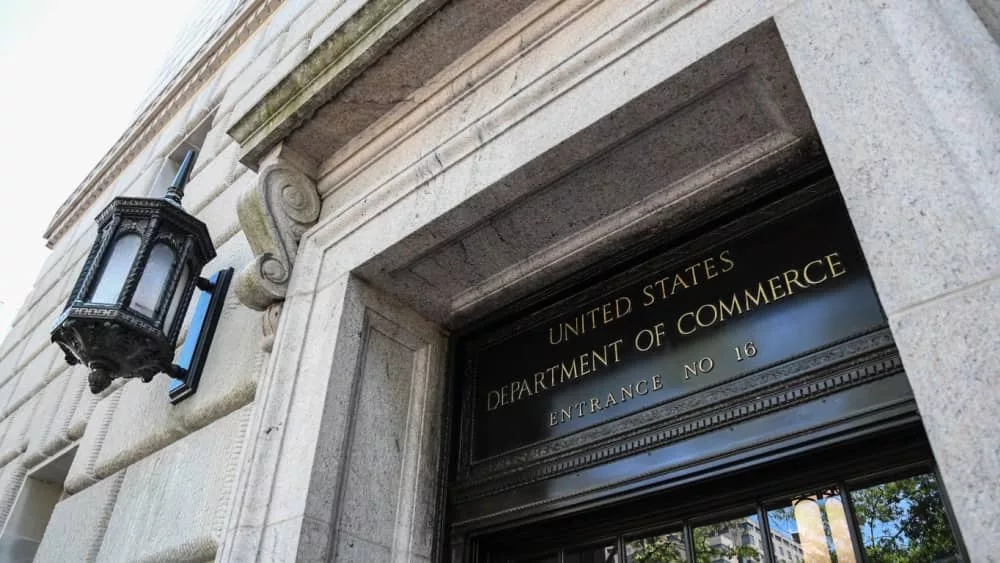The U.S. Commerce Department on Monday is proposing a ban on key Chinese and Russian-made hardware and software in internet-connected vehicles in the United States, national security concerns. President Biden signed an executive order in February intended to strengthen the country’s ability to respond to maritime cybersecurity threats amid worries that China might attempt to cripple crucial infrastructure systems in the U.S.
The Commerce Department launched a probe into the possible risk posed by Chinese-manufactured vehicles in February. The move, which would effectively bar Chinese cars and trucks from the U.S. market, is intended to safeguard cars that can communicate externally, providing a route for U.S. adversaries to access and collect date and remotely manipulate cars on American roads. (per Reuters).
According to the Commerce Department, connected vehicles are a particular potential threat and noted the large amount of information cars take in through their sensors and cameras. U.S. Secretary of Commerce Gina Raimondo said in a statement: “Cars today have cameras, microphones, GPS tracking and other technologies connected to the internet. It doesn’t take much imagination to understand how a foreign adversary with access to this information could pose a serious risk to both our national security and the privacy of U.S. citizen.”
Raimondo said a foreign adversary could shut down or take simultaneous control of multiple vehicles, causing crashes and blocking roads: “This is not about trade or economic advantage this is a strictly national security action. The good news is right now, we don’t have many Chinese or Russian cars on our road.”
Earlier this year, the White House announced 100% tariffs on Chinese electric cars, saying they are unfairly subsidized in China. The new proposal would prevent testing of self-driving cars on U.S. roads by Chinese automakers and extend to vehicle software and hardware produced by Russia and could be extended to other U.S. adversaries.The proposal would make software prohibitions effective in the 2027 model year. The hardware ban would take effect in the 2030 model year or January 2029. The Commerce Department is giving the public 30 days to comment on the proposal and hopes to finalize it by Jan. 20. The rules would cover all on-road vehicles but exclude agricultural or mining vehicles not used on public roads, as well as drones and trains.
Editorial credit: Andrew Cline / Shutterstock.com





